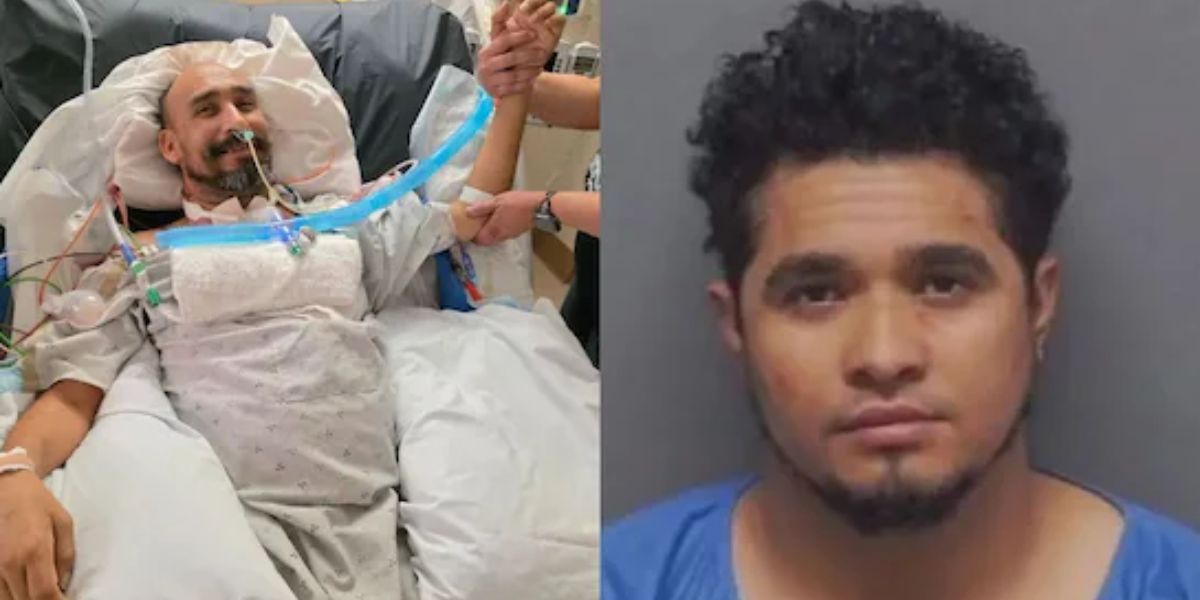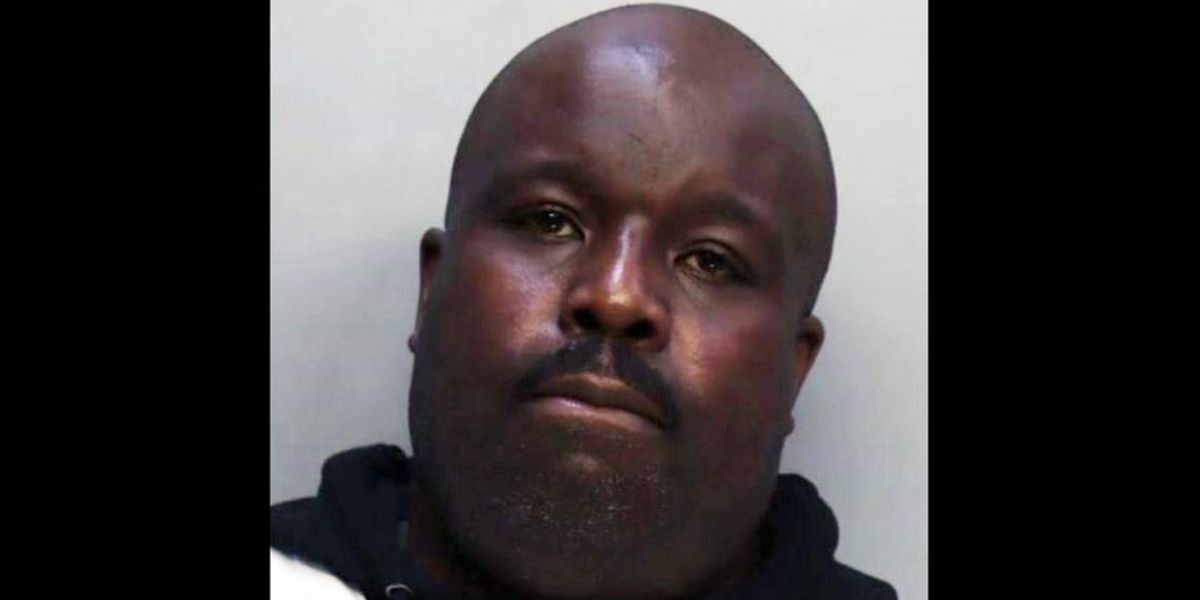SAN ANTONIO, TX — June 16, 2025
The family of Jimmy Friesenhahn, a 44-year-old U.S. Marine Corps veteran left paralyzed after a shooting in early May, is demanding accountability from the Bexar County District Attorney’s Office, citing frustration over what they view as a pattern of leniency toward a suspect with a history of repeated arrests and no prior immigration detainers.
Friesenhahn was working as a security guard at El Patio Sports Bar in San Antonio when he attempted to intervene upon seeing a firearm in the possession of Wilmer Vladimir Ruiz Ortega, 29. According to police, a struggle broke out and Ortega allegedly fired multiple shots—two hitting Friesenhahn’s bulletproof vest and one striking him in the neck. The injury left the veteran paralyzed and unable to speak.
Family members say the incident should have never happened—and they point to systemic failures in the criminal justice and immigration enforcement process as key factors.
A Suspect With a Pattern, But Few Consequences
Ortega, identified as an unauthorized migrant, has reportedly been booked into Bexar County Jail three times since 2020, according to KABB Fox 29, yet was never subjected to an immigration hold—until this latest, near-fatal incident.
He is currently charged with aggravated assault against a security officer and illegal entry, and is now under an ICE detainer issued on May 4, the day after the shooting. But for Friesenhahn’s family, the damage is irreversible.
“At this point, this gunman set a life term on my brother,” said Becky Borjon, Jimmy’s sister. “This is something he’s gonna have to deal with for life—extensive medical care.”
Borjon criticized the charge, saying it fails to reflect the severity and intent of the act.
“When you unload a full clip, the intent is not assault. The intent is murder,” she said in an interview with Fox News. “He was there to cause harm and murder someone—maybe not my brother, but someone.”
Questions About Oversight and Immigration Enforcement
The case has stirred outrage over what family members and advocates are calling “soft-on-crime” prosecution and immigration failures.
“It almost seems like these people that are illegal in this country are getting released easier than a normal citizen who would get a DUI or something else,” said Emmanuel Martinez, Friesenhahn’s brother-in-law. “It doesn’t make any sense to us.”
The Bexar County District Attorney’s Office, led by Joe Gonzales, confirmed it is in direct contact with the victim’s family and noted that Ortega has been in custody under an immigration hold since May 4.
“Our office has been in direct communication with the victim’s family, and we are committed to keeping them informed as the case progresses,” the office said in a statement.
But family members say this level of coordination came after the fact, and insist prior arrests should have flagged Ortega for removal or at least closer scrutiny.
A Broader Debate: Immigration, Public Safety, and Justice
The case highlights growing national tensions around immigration enforcement, particularly regarding the release of undocumented individuals with criminal histories and how local and federal agencies coordinate—or fail to do so.
Critics of current immigration policies argue that a lack of consistent enforcement allows repeat offenders to reenter communities with few consequences. Meanwhile, civil rights advocates caution against painting all undocumented migrants with a broad brush and call for evidence-based, non-discriminatory policy reform.
Borjon emphasized the difference:
“The immigrants who come legally—there is no intent to cause harm or crimes,” she said. “These illegal immigrants that repeatedly get released over and over—I don’t understand that at all.”
Focus Now on Recovery
Friesenhahn, a father of a five-month-old child, remains hospitalized. His family is now looking into specialized spinal cord injury centers and new technologies that may restore some degree of mobility or communication.
“I just want to see what we can do with new technology… to see if we can have a more functional, more normalized state of life more than what he’s got now,” said Borjon.




